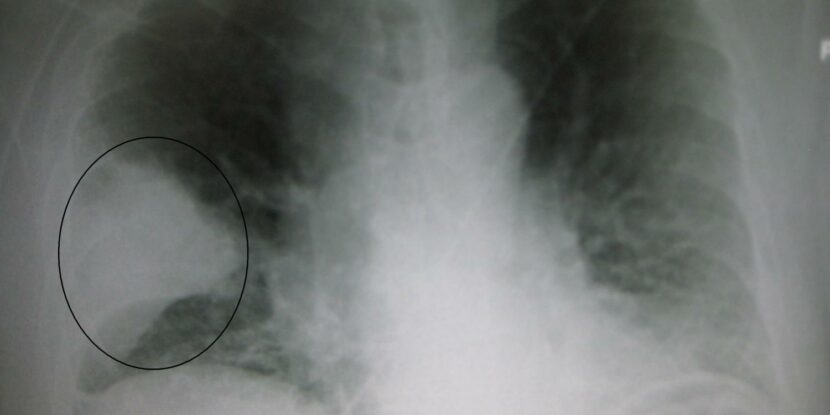Danish health officials have declared a current outbreak of Mycoplasma pneumoniae – a common respiratory bacteria – as an epidemic within the nation. The announcement came on the heels of reported increases in illnesses traced to the bacteria, whose count in the past five weeks has surged significantly. The apparent spread of the infection across Denmark was confirmed by researcher Hanne-Dorthe Emborg, M.D., who stated there were more cases than usual and that there was widespread infection throughout the country.
The bacteria is known to have caused similar infection spikes worldwide with Denmark experiencing recurring epidemic levels every four years prior to the COVID-19 pandemic. The current M. pneumoniae outbreak coincides with a significant surge reported among pediatric patients in China, where Beijing and the province of Liaoning’s children’s hospitals were overwhelmed by a sudden increase in pneumonia cases. Parallels have been drawn globally between the rapid spread in China and the onset of the COVID-19 pandemic, with the World Health Organization blindly accepting Chinese officials’ explanation claiming the rise in infections was due to an influx of patients who have weakened immune systems after years of lockdowns.
The M. pneumoniae bacteria is known to cause atypical pneumonia, typically mild and more common in the summer months, affecting both young children and older adults. Doctors can miss diagnosis due to lack of recognition of its symptoms. With the Netherlands also reporting a recent spike in pneumonia, Perkins indicated the lack of systematic surveillance in tracking cases, calling attention to challenges in treatment and possible under-reporting.



















